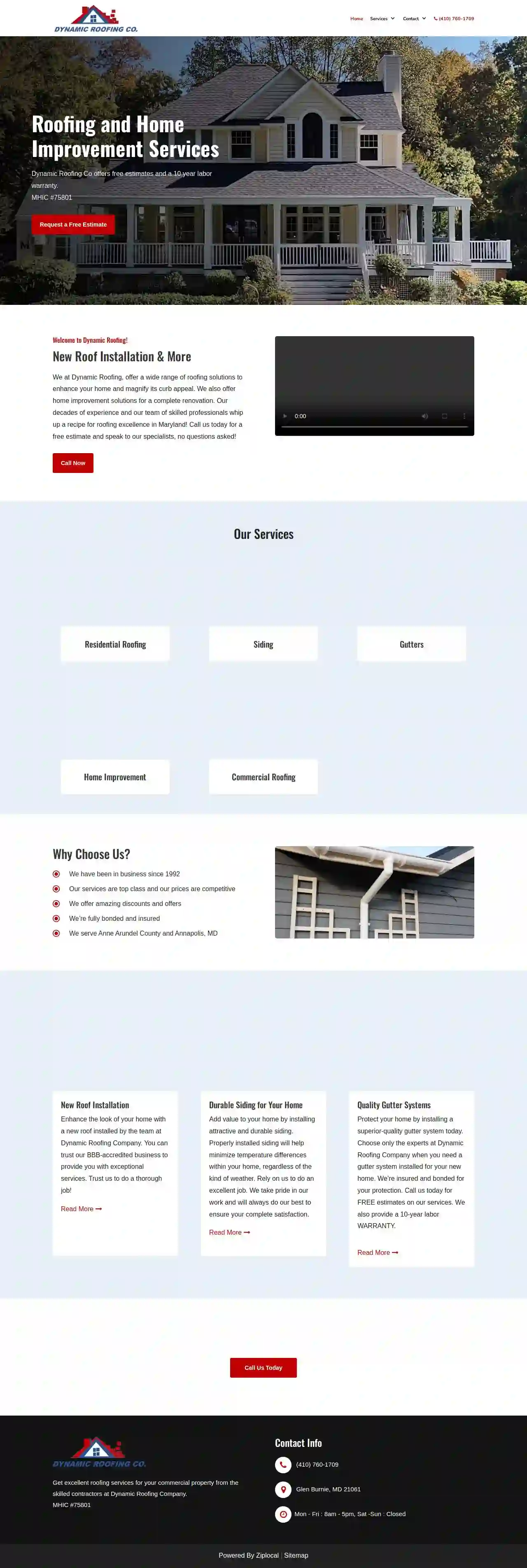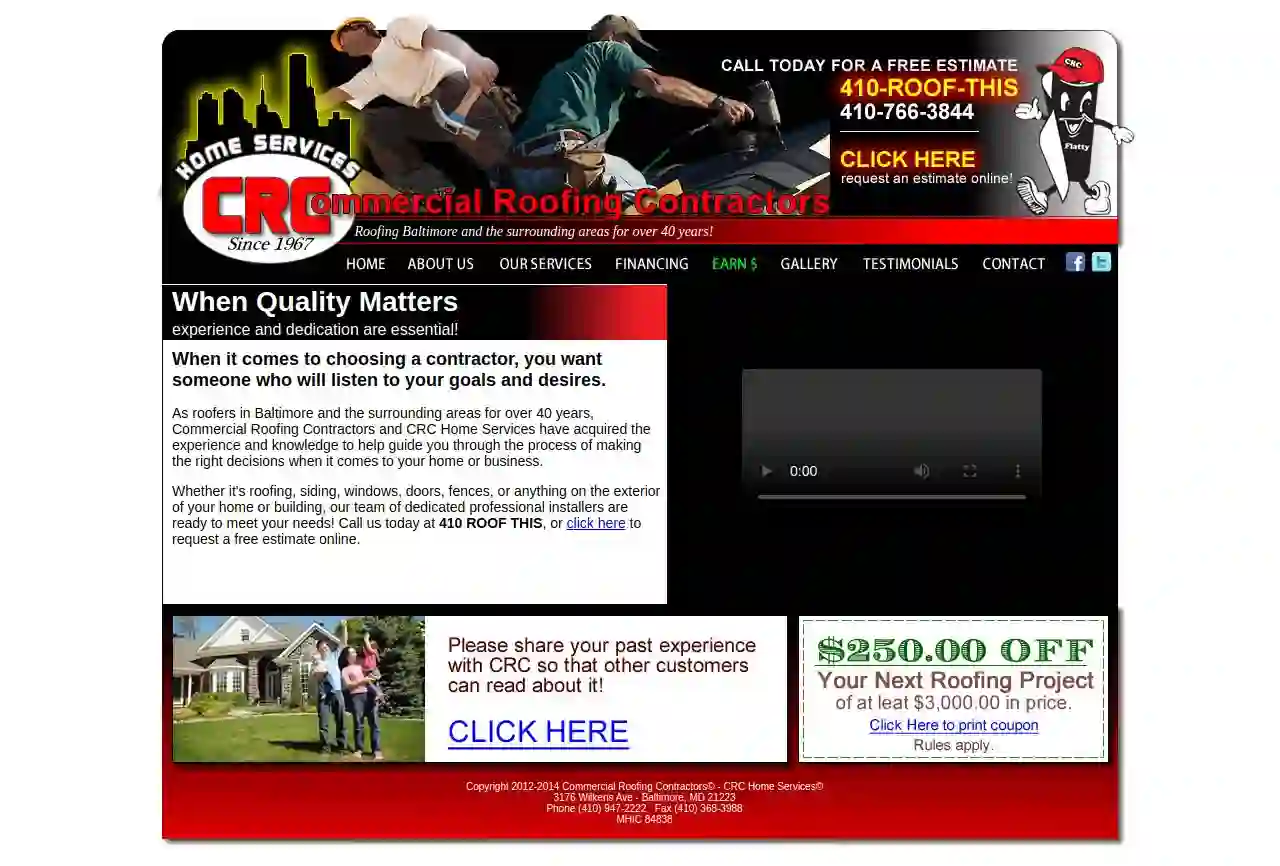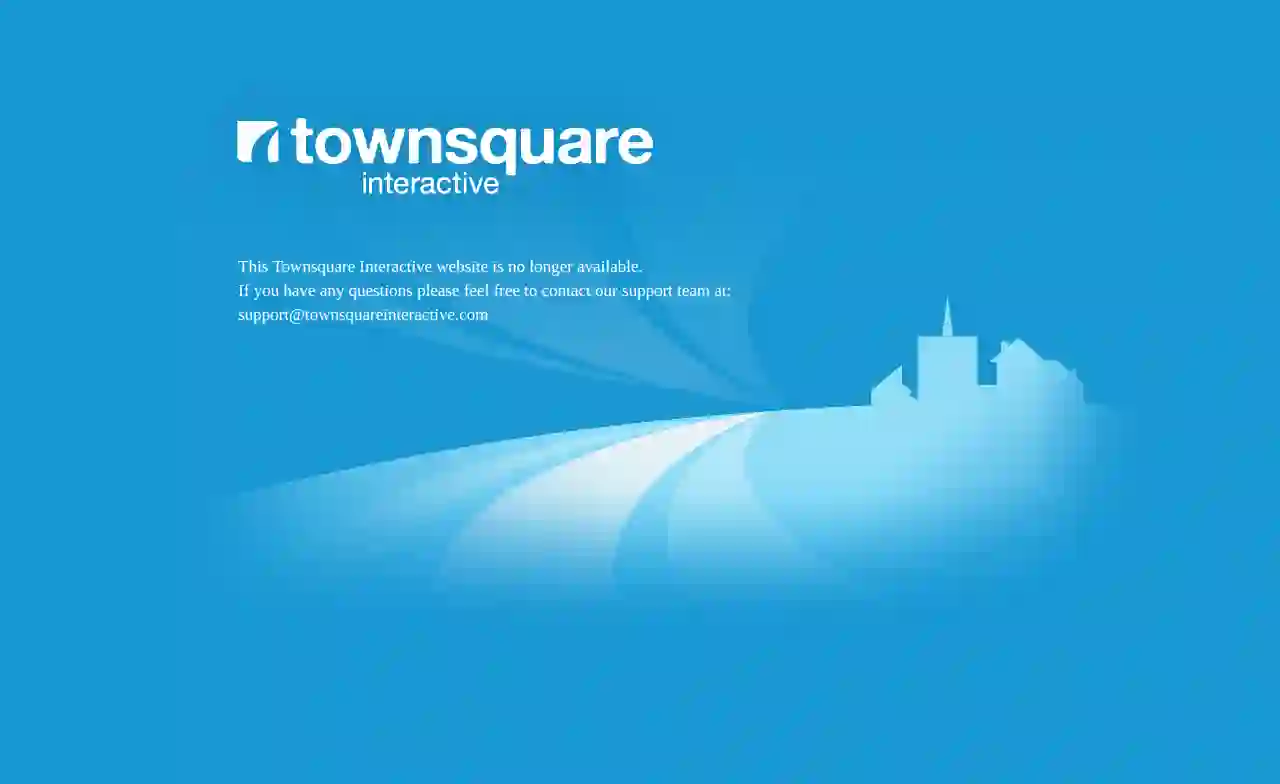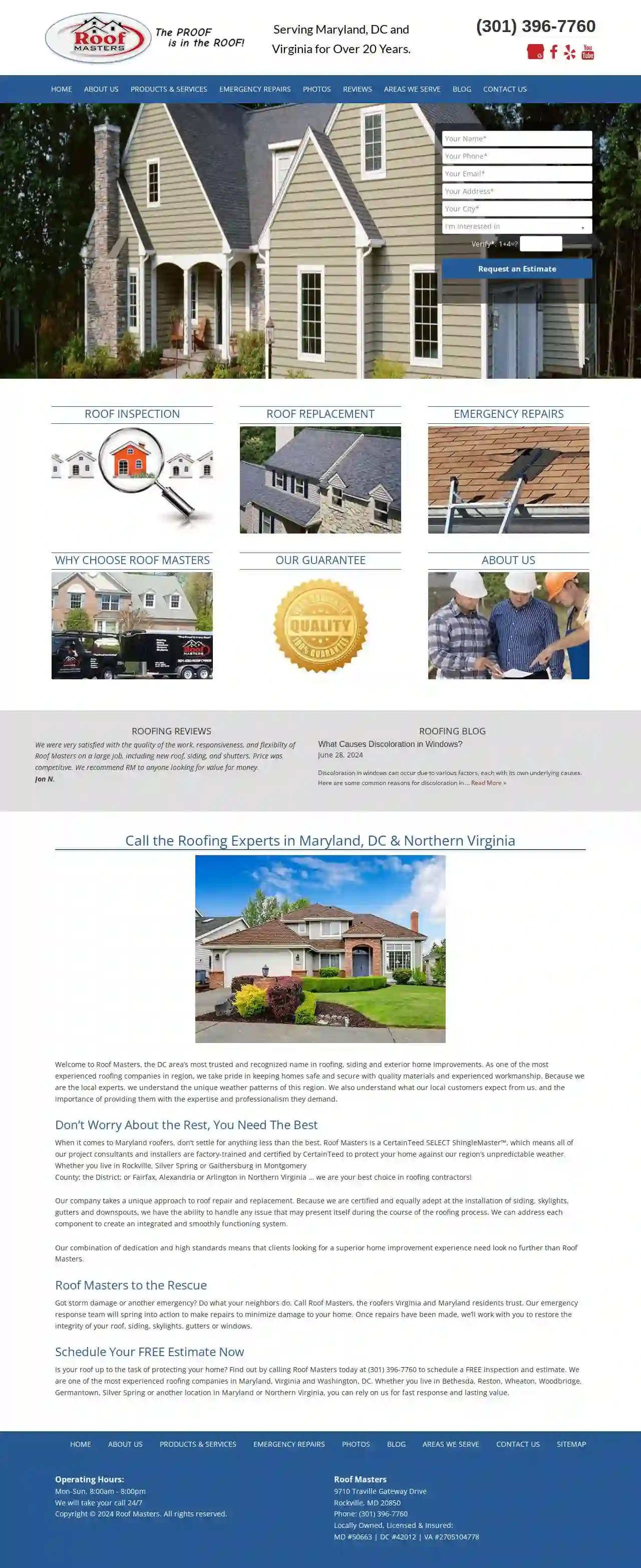Roofing Companies North Laurel
Find top Roofing Companies in North Laurel
Get up to 3 Roofing Companies quotes for your project today! Compare profiles, reviews, accreditations, portfolio, etc... and choose the best offer.

Dynamic Roofing Company
4.818 reviewsSeverna Park, Maryland, USAt Dynamic Roofing Co., we are committed to providing top-quality roofing and exterior construction services to Severna Park, Maryland, and surrounding areas. With 40+ years of experience in the industry, we have built a reputation for excellence and reliability. Our skilled professionals are dedicated to delivering superior craftsmanship and outstanding customer service. Dynamic Roofing Co. Offers Free Estimates and a 10-Year Labor Warranty. Contact Us for a Free Consultation. Roofing and Home Improvement Services in Severna Park, MD Contact Us: (410)-760-1709
- Services
- Why Us?
- Testimonials
- Gallery
Get Quote
Valor Home
4.1130 reviewsBaltimore, US- Services
- Why Us?
- Gallery
Get Quote
Commercial Roofing Contractors
4.918 reviews3176 Wilkens Ave, Baltimore, 21223, USRoofing Baltimore and the surrounding areas for over 40 years! When Quality Matters experience and dedication are essential! When it comes to choosing a contractor, you want someone who will listen to your goals and desires. As roofers in Baltimore and the surrounding areas for over 40 years, Commercial Roofing Contractors and CRC Home Services have acquired the experience and knowledge to help guide you through the process of making the right decisions when it comes to your home or business. Whether it's roofing, siding, windows, doors, fences, or anything on the exterior of your home or building, our team of dedicated professional installers are ready to meet your needs! Call us today at 410 ROOF THIS, or click here to request a free estimate online. Copyright 2012-2014.
- Services
- Why Us?
- Gallery
Get Quote
Baltimore Roofing and Remodeling LLC.
538 reviewsBaltimore, MD, 123 Main St, 21201, USBaltimore Roofing and Remodeling is a trusted roofing company in Maryland, serving the community for over 20 years. We offer a wide range of services, including roof replacement, siding, windows, and interior renovations. Our team of experienced roofers is dedicated to providing exceptional quality and customer service. We take pride in our work and strive to exceed our customers' expectations. With interest-free financing options available, we make it easy to get the roof of your dreams. Contact us today to schedule a free estimate and learn more about our services.
- Services
- Why Us?
- Accreditations
- Our Team
- Testimonials
- Gallery
Get Quote
Robinson's Roofing & Repair- A Christian Owned Company
4.855 reviewsFredericksburg, USIn need of a roofer in Fredericksburg? Call Now: 540-656-7828 Home About Roof Replacement & Repairs Gutters & Siding Contact Select Page Keeping Your Family Home Happy Residential Roof Replacement & Repairs; Siding & Gutter Installation Facebook Reviews 5.0 read reviews Google Reviews 5.0 read reviews HOME IMPROVEMENT SERVICES Roof Replacement Roof Installation Roof Repair Gutter Installation Siding Installation Fascia & Soffit Repair
- Services
- Why Us?
- Gallery
Get Quote
McHenry Roofing
514 reviewsBaltimore, USWe’re McHenry Roofing, a family owned and operated company located in Baltimore, Maryland. We specialize in roof replacement, repair, flat roofing, rain gutter installation and maintenance, skylight installation and maintenance, and commercial roofing services. Our years of experience have given us the skills necessary to tackle any job regardless of size or complexity. We take pride in providing our customers with quality workmanship at an affordable price. Our team is dedicated to providing you with top-notch service that is tailored to your individual needs. Not only do we use high-quality materials for all of our projects, but we also guarantee your satisfaction so you can rest assured that your roof will be installed properly the first time around. Whether you need a simple repair or a complete reroofing job done right away – McHenry Roofing has got you covered!
- Services
- Why Us?
- Gallery
Get Quote
Taft Roofing
421 reviewsFrederick, USTaft Roofing is a locally owned and operated roofing company serving the greater Taft area. We are a full-service roofing contractor specializing in residential and commercial roofing needs. Our team of experienced roofers is dedicated to providing high-quality workmanship and exceptional customer service. We offer a wide range of roofing services, including new roof installations, roof repairs, roof replacements, and roof maintenance. We use only the highest quality materials and products to ensure that your roof is durable, reliable, and long-lasting. At Taft Roofing, we understand that your roof is one of the most important investments you can make in your home or business. That's why we are committed to providing you with the best possible roofing solutions. We are fully licensed and insured, and we stand behind our work with a 100% satisfaction guarantee. Contact us today for a free estimate on your next roofing project.
- Services
- Why Us?
- Gallery
Get Quote
EC Roofing & Home Services Direct
4.9106 reviewsBaltimore, USYour safety is important to us. Learn about our zero-contact COVID-19 policy. Having the Home of Your Dreams Is Easy With EC Roofing! EC Roofing, Your Trusted Roofing & Home Service Experts, Serving Maryland. REQUEST SERVICE NOW. FINANCING AVAILABLE.
- Services
- Why Us?
- Gallery
Get Quote
Roof Masters
4.4115 reviewsBaltimore, USServing Maryland, DC and Virginia for Over 20 Years. Welcome to Roof Masters, the DC area’s most trusted and recognized name in roofing, siding and exterior home improvements. As one of the most experienced roofing companies in region, we take pride in keeping homes safe and secure with quality materials and experienced workmanship. Because we are the local experts, we understand the unique weather patterns of this region. We also understand what our local customers expect from us, and the importance of providing them with the expertise and professionalism they demand. Don’t Worry About the Rest, You Need The Best When it comes to Maryland roofers, don’t settle for anything less than the best. Roof Masters is a CertainTeed SELECT ShingleMaster™, which means all of our project consultants and installers are factory-trained and certified by CertainTeed to protect your home against our region’s unpredictable weather. Whether you live in Rockville, Silver Spring or Gaithersburg in Montgomery County; the District; or Fairfax, Alexandria or Arlington in Northern Virginia … we are your best choice in roofing contractors! Our company takes a unique approach to roof repair and replacement. Because we are certified and equally adept at the installation of siding, skylights, gutters and downspouts, we have the ability to handle any issue that may present itself during the course of the roofing process. We can address each component to create an integrated and smoothly functioning system. Our combination of dedication and high standards means that clients looking for a superior home improvement experience need look no further than Roof Masters. Roof Masters to the Rescue Got storm damage or another emergency? Do what your neighbors do. Call Roof Masters, the roofers Virginia and Maryland residents trust. Our emergency response team will spring into action to make repairs to minimize damage to your home. Once repairs have been made, we’ll work with you to restore the integrity of your roof, siding, skylights, gutters or windows. Schedule Your FREE Estimate Now Is your roof up to the task of protecting your home? Find out by calling Roof Masters today at (301) 230-7663 to schedule a FREE inspection and estimate. We are one of the most experienced roofing companies in Maryland, Virginia and Washington, DC. Whether you live in Bethesda, Reston, Wheaton, Woodbridge, Germantown, Silver Spring or another location in Maryland or Northern Virginia, you can rely on us for fast response and lasting value.
- Services
- Why Us?
- Accreditations
- Testimonials
- Gallery
Get Quote
Tecta America East Baltimore Commercial Roofing
44 reviews5220 Pennington Avenue, Baltimore, 21226, USTecta America, Baltimore, a commercial roofing contractor, has been in business since 1951. We offer premier services in the Mid-Atlantic area throughout Maryland, Northern Virginia, and the District of Columbia. With more than 100 employees and over 65 years of construction experience, installing roofs on facilities such as the United States Supreme Court, Hart Senate Office Building, and Calvert Cliffs Nuclear Power Plant, is a no-brainer. As one of the most dedicated commercial roofing contractors in Baltimore, Maryland, the staff at Tecta America have more than a wealth of experience – we have an understanding of your needs, too. Our satisfied customers can tell you that when it comes to our business, we take things seriously. We offer the best product in the industry and work hard every time to ensure you and your business are satisfied with your new roof. We offer top-rated commercial roof repair services in Baltimore, MD, and the surrounding areas. We approach every situation and relationship with attention and good judgment; in the office and in the field. Roof repair and service go hand in hand, as good maintenance will limit the scope of repair jobs. Minor tasks such as repairing leaks and unclogging drains will preserve the life of your roof and maintain its quality. If you are experiencing problems with your roof, a thorough inspection, along with our roofing services, will give you the peace of mind of knowing that your roof is prepared to withstand any type of issue.
- Services
- Why Us?
- Our Team
- Testimonials
- Gallery
Get Quote
Over 17,196+ Roofing Businesses onboarded
Our roofing contractors operate in North Laurel & surroundings!
Roofyng.com has curated and vetted the Best Roofing Businesses in North Laurel. Find the most reliable pro today.
Frequently Asked Questions About Roofing Companies
- Experience: 'How long have you been in business, and what experience do you have with similar projects?'
- Licensing and insurance: 'Are you licensed and insured, and can I see proof of coverage?'
- Warranties: 'What warranties do you offer on your work and the materials used?'
- References: 'Can you provide references from past clients?'
- Project Timeline: 'What is the estimated timeline for completing the project?'
- Payment Terms: 'What are your payment terms, and do you require a deposit?'
- Communication: 'How will you keep me updated on the project's progress?'
- Cleanup: 'What steps will you take to protect my property during the project and ensure proper cleanup afterward?'
- Ventilation: Soffit vents provide intake ventilation, allowing fresh air to enter the attic and regulate temperature and moisture.
- Aesthetics: It creates a finished look to the roof's underside.
- Pest Control: A properly sealed soffit prevents pests like birds and squirrels from nesting in the attic.
- Safety First: Avoid going onto the roof during a storm, as it's dangerous.
- Document the Damage: Take photos and videos of the damage for insurance purposes.
- Contact Your Insurance Company: Report the damage to your insurance company as soon as possible to initiate a claim.
- Temporary Repairs: If safe, address any immediate leaks using buckets or tarps to minimize further damage.
- Contact a Roofing Contractor: After the storm, have a qualified roofing contractor inspect the roof and provide a repair estimate.
- Choose Reflective Roofing Materials: Opt for light-colored shingles or metal roofing that reflects sunlight and reduces heat absorption.
- Install Proper Attic Insulation: Adequate insulation prevents heat loss in the winter and heat gain in the summer.
- Ensure Adequate Ventilation: Proper attic ventilation allows hot air to escape, reducing cooling costs and extending the lifespan of your roof.
- Consider a Radiant Barrier: In hot climates, a radiant barrier installed in the attic can reflect heat away from the roof, further reducing cooling needs.
What questions should I ask a roofing contractor?
What is a soffit, and why is it important for my roof?
What should I do if my roof is damaged in a storm?
How can I make my new roof more energy-efficient?
What questions should I ask a roofing contractor?
- Experience: 'How long have you been in business, and what experience do you have with similar projects?'
- Licensing and insurance: 'Are you licensed and insured, and can I see proof of coverage?'
- Warranties: 'What warranties do you offer on your work and the materials used?'
- References: 'Can you provide references from past clients?'
- Project Timeline: 'What is the estimated timeline for completing the project?'
- Payment Terms: 'What are your payment terms, and do you require a deposit?'
- Communication: 'How will you keep me updated on the project's progress?'
- Cleanup: 'What steps will you take to protect my property during the project and ensure proper cleanup afterward?'
What is a soffit, and why is it important for my roof?
- Ventilation: Soffit vents provide intake ventilation, allowing fresh air to enter the attic and regulate temperature and moisture.
- Aesthetics: It creates a finished look to the roof's underside.
- Pest Control: A properly sealed soffit prevents pests like birds and squirrels from nesting in the attic.
What should I do if my roof is damaged in a storm?
- Safety First: Avoid going onto the roof during a storm, as it's dangerous.
- Document the Damage: Take photos and videos of the damage for insurance purposes.
- Contact Your Insurance Company: Report the damage to your insurance company as soon as possible to initiate a claim.
- Temporary Repairs: If safe, address any immediate leaks using buckets or tarps to minimize further damage.
- Contact a Roofing Contractor: After the storm, have a qualified roofing contractor inspect the roof and provide a repair estimate.
How can I make my new roof more energy-efficient?
- Choose Reflective Roofing Materials: Opt for light-colored shingles or metal roofing that reflects sunlight and reduces heat absorption.
- Install Proper Attic Insulation: Adequate insulation prevents heat loss in the winter and heat gain in the summer.
- Ensure Adequate Ventilation: Proper attic ventilation allows hot air to escape, reducing cooling costs and extending the lifespan of your roof.
- Consider a Radiant Barrier: In hot climates, a radiant barrier installed in the attic can reflect heat away from the roof, further reducing cooling needs.